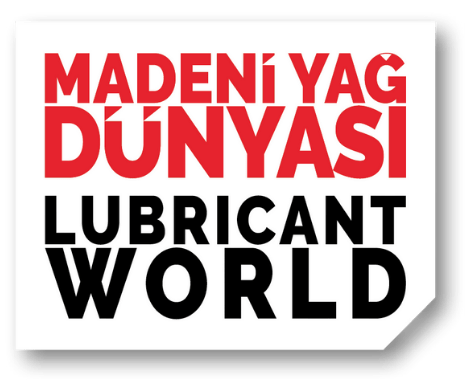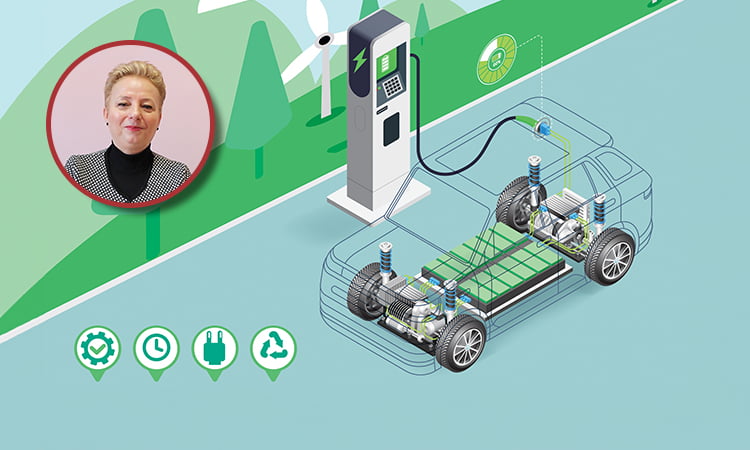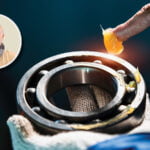The electrification of the energy sector on the path of change for a green, circular, digital transformation is an unquestionable priority for the best sustainability management. In the dictionary definition, electrification is the application of electrical energy to industry, transport and daily life, while electrification from renewable sources is prioritized for our fight against climate change, environmental pollution and biodiversity loss. Electrification in transportation is provided by electric, hybrid electric and hydrogen fuel cell vehicles, E-Mobility systems and technologies.
The transformation of the energy sector for this change is also seen in the renaming of the “Petroleum Industry Association” as the “Petroleum Industry and E-mobility Association”. It suits well. For a long time, we have been stating product diversity by calling it a fuel station, not a petrol station. PETDER members’ electricity supply may have a low carbon footprint.
Electric vehicles are available to us as “Hybrid Electric Vehicles (HEV); Plug-in Hybrid Electric Vehicles (PHEV); Battery Electric Vehicles (BEV or just EV)”. The growing market has triggered the development of new products with new variables such as electric current, extreme temperature and pressure in the vehicle with electromagnetic fields. There is no engine oil in EVs. EV-specific product formulations and series have boomed in order to ensure safety, efficiency, durability and longevity in the vehicle by providing solutions to technical demands such as high temperature and high load stability, wear protection, corrosion resistance, oxidation stability, compatibility with materials and insulation required by the electric motor, driveline, power control unit and battery.
The best thermal management to regulate the temperature in the electronics, battery and engine, i.e. high thermal degradation resistance of E-fluid, is a priority. Effective lubrication of the axle, differential, clutch, shaft and gearbox in the power transmission of the EV must be ensured by the triad “thermal management – electrical properties – material compatibility”. Optimization is essential here. Thus, the range increase is achieved with energy efficiency. The market is growing. The competition of brands is tough. R&D, P&D and innovation race is progressing. E-fluid selection is important. On the one hand, there is the rapidly developing E-mobility market, and on the other, Original Equipment Manufacturers (OEMs) and lubricant manufacturers. It is all about the race for technology solutions for oils, greases and coolants. It means supplying low-carbon products. It means progress towards “Greenhouse Gas Neutral” products. It means rapid changes in the market.
E-fluid maintains its viscosity at high temperatures with its indispensable high thermal degradation resistance feature and reduces vehicle maintenance costs by providing longer replacement intervals compared to internal combustion engine oils. Technically correct choices and competent technical maintenance are essential. Follow-up is not only the responsibility of the vehicle owner. Monitoring in the field is essential for manufacturers and lubrication services to identify improvement options. In the e-mobility transformation, which is progressing with its weaknesses and strengths, the added technical value created in the vehicle with e-fluid is significant. That’s what innovation is all about. Product design is a completely different engineering that knows lubricant chemistry well. In the design of the product and its packaging, eco-design should be achieved by reducing the environmental impact, in other words the cost to the planet, based on the “Life Cycle Assessment” study. Ecolabel certification is also important.
Greenhouse Gas Neutral E-Fluid use is the most technically appropriate for EVs. In the lubricant industry, carbon trading and carbon credits are on the agenda while acceleration has started for the supply of sustainable solutions to customers with greenhouse gas emission prevention, reduction and balancing. Bio-lubricants for EVs are also in a special position with the technical leverage of biogenic carbon on the decarbonization path of the sector. Carbon Neutral E-Fluids, Greenhouse Gas Neutral E-Fluids are coming. It surely will come. It must come. It will be useful to follow the decarbonization path of the chemical industry in the European Union (EU), especially in Germany.
We will discuss the decarbonization path of our industry, EU and global developments at the IX Istanbul Carbon Summit, which will be held at Istanbul Technical University (ITU) on 6-7 May 2024 with the theme of “Risks, Opportunities and Carbon Trading due to Climate Change”. We will listen to the effects on climate change, which is the most important of environmental indicators in sustainability management, in other words, carbon footprint reduction best practices and carbon trade successes from business leaders at our summit, which is media sponsored by Lubricant World magazine. Sustainable Production and Consumption Association, 2024 Low Carbon Hero Award application is also open.
QS World University Rankings: Sustainability 2024 overall ranking 221st in the world and 148th in the world in the environmental impact category, ranking 1st in Türkiye, ITU’s Ayazağa Campus is beautiful in May. You are welcome to visit us at the first and only event of its subject in Türkiye.




